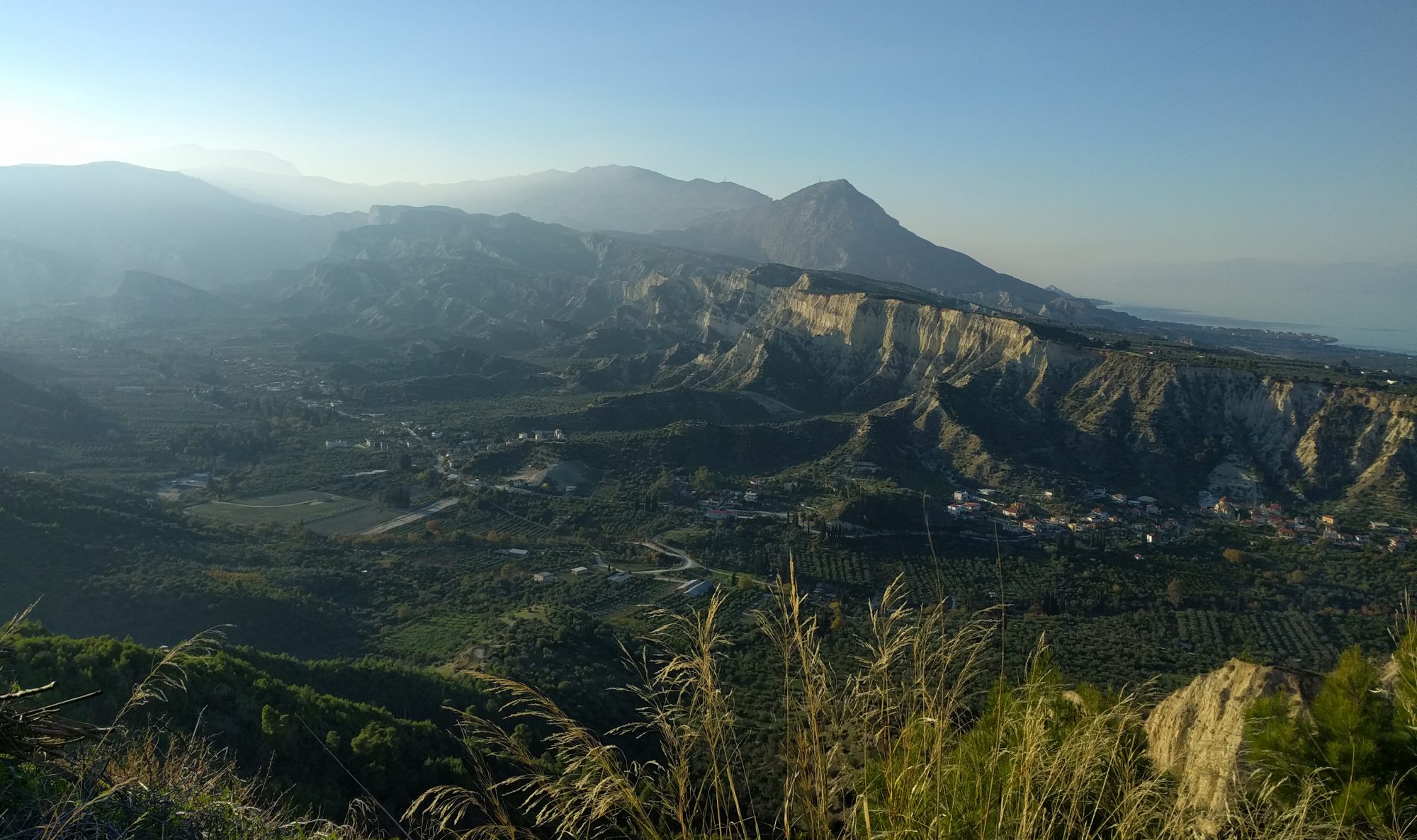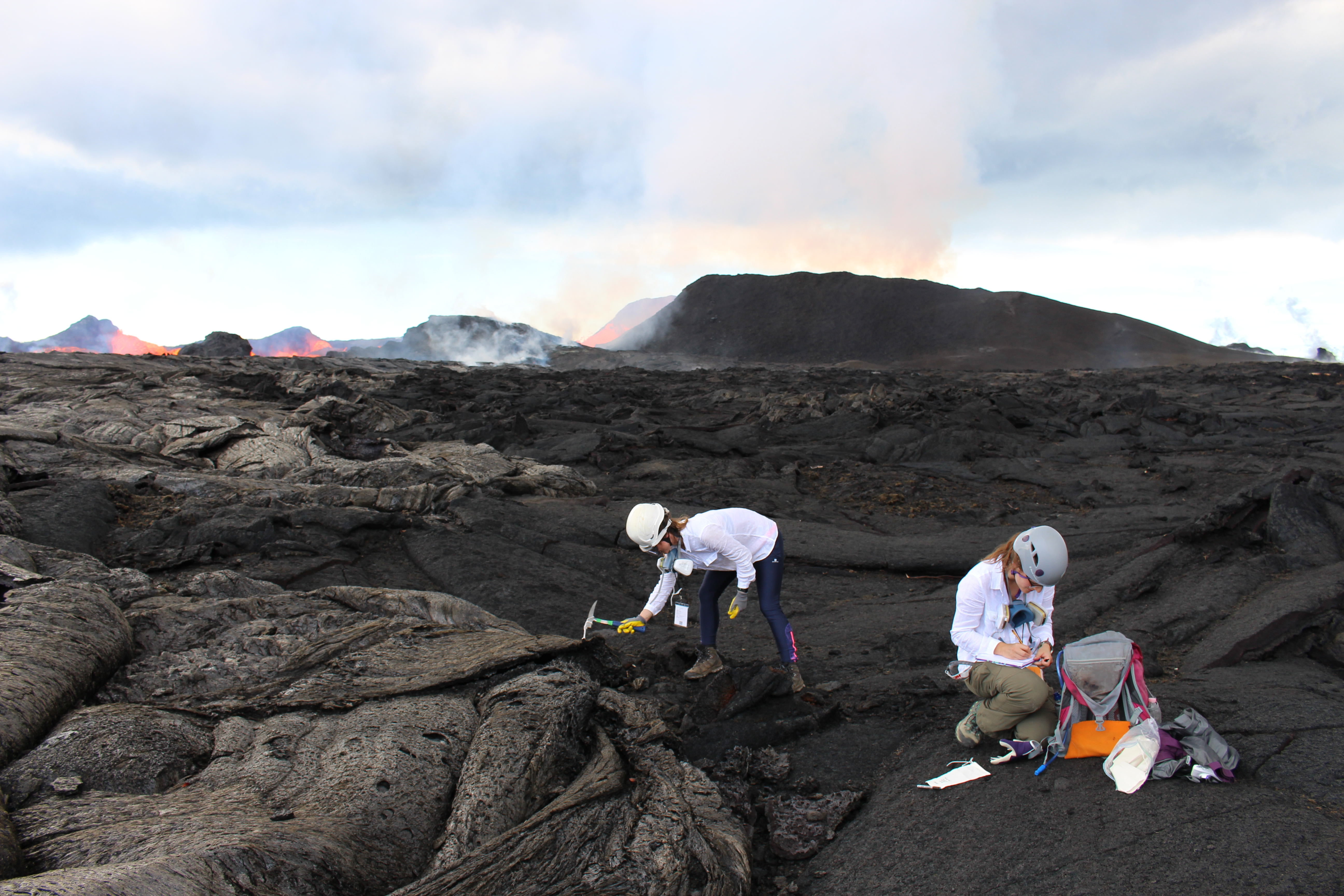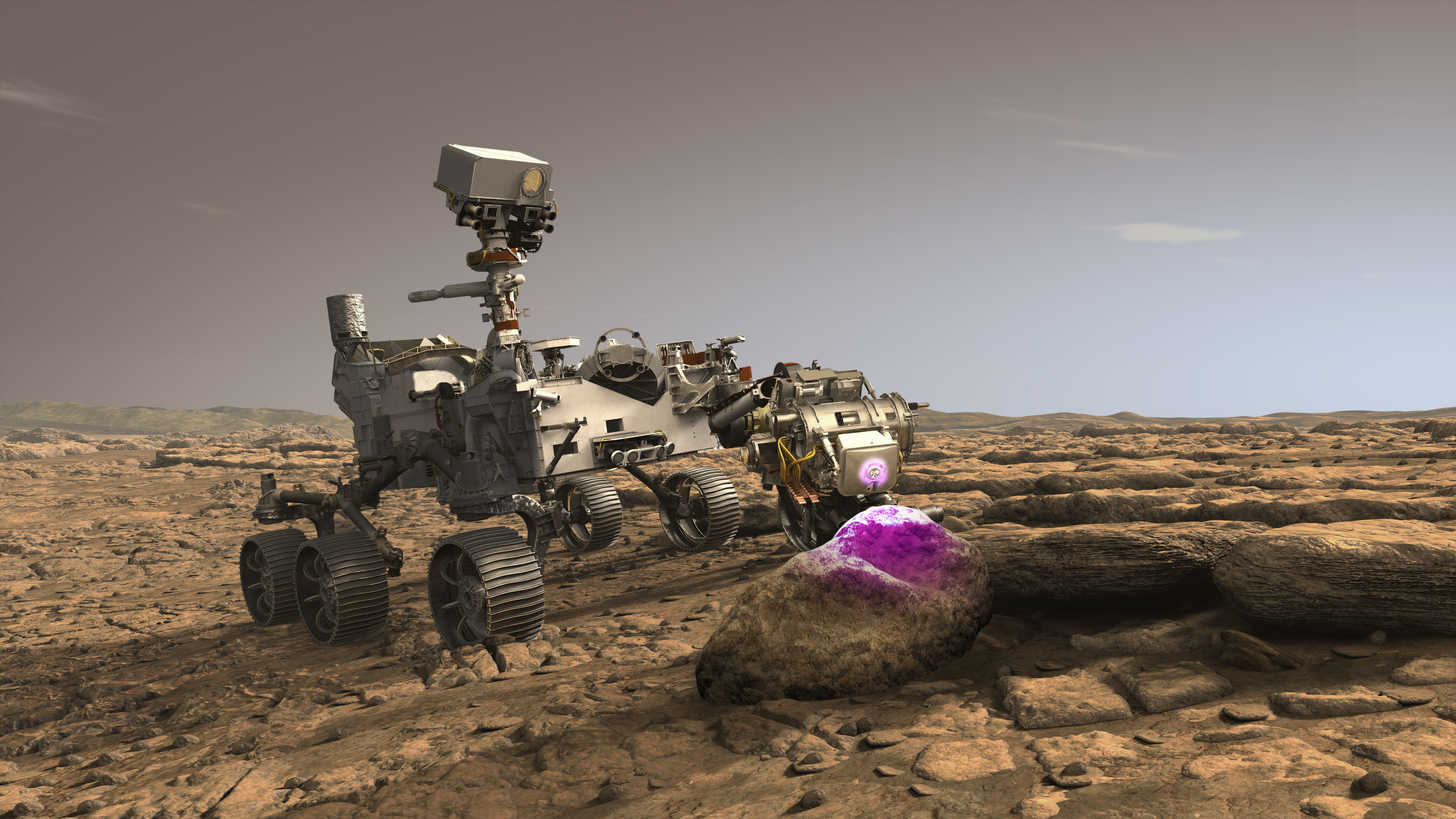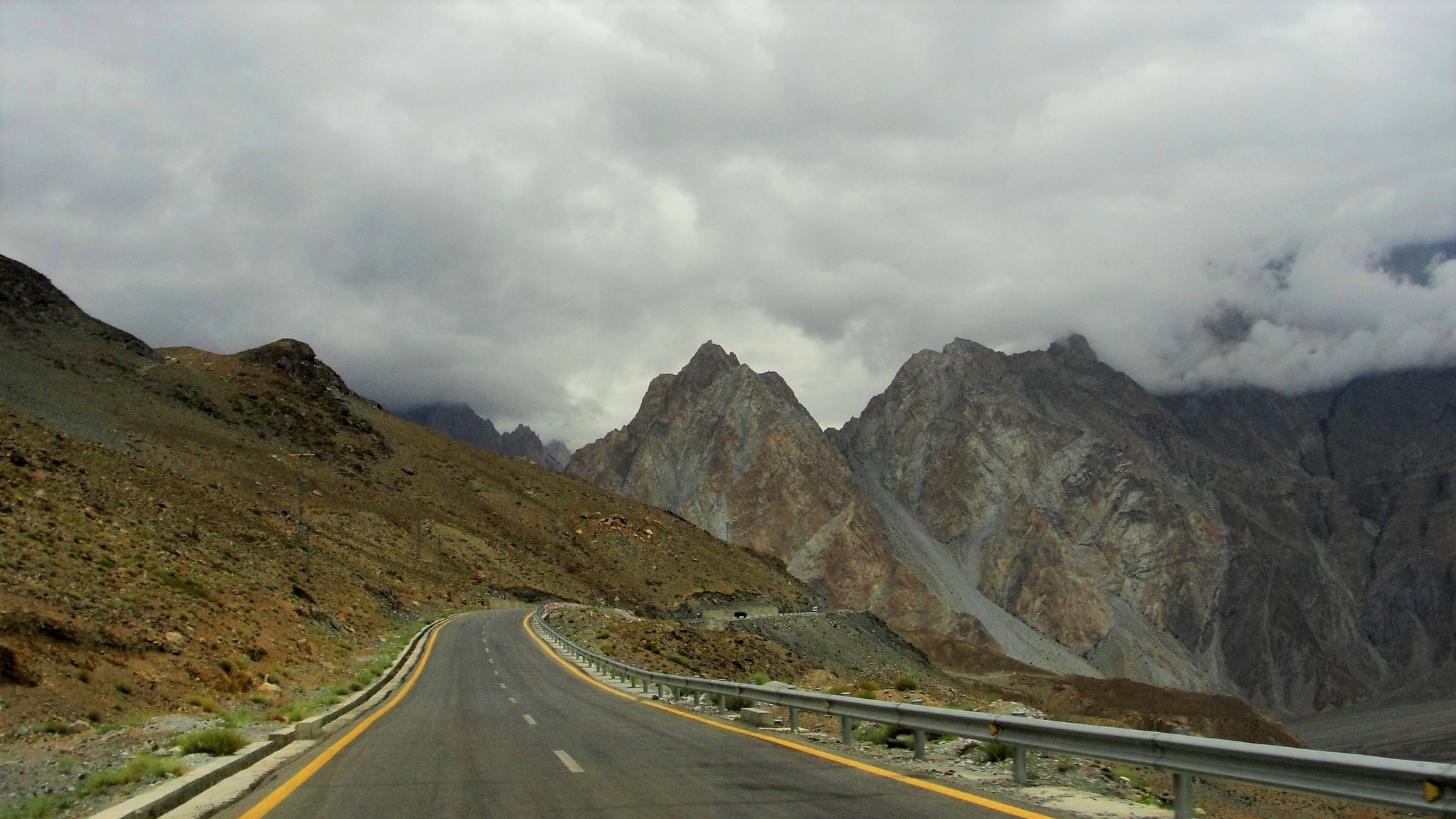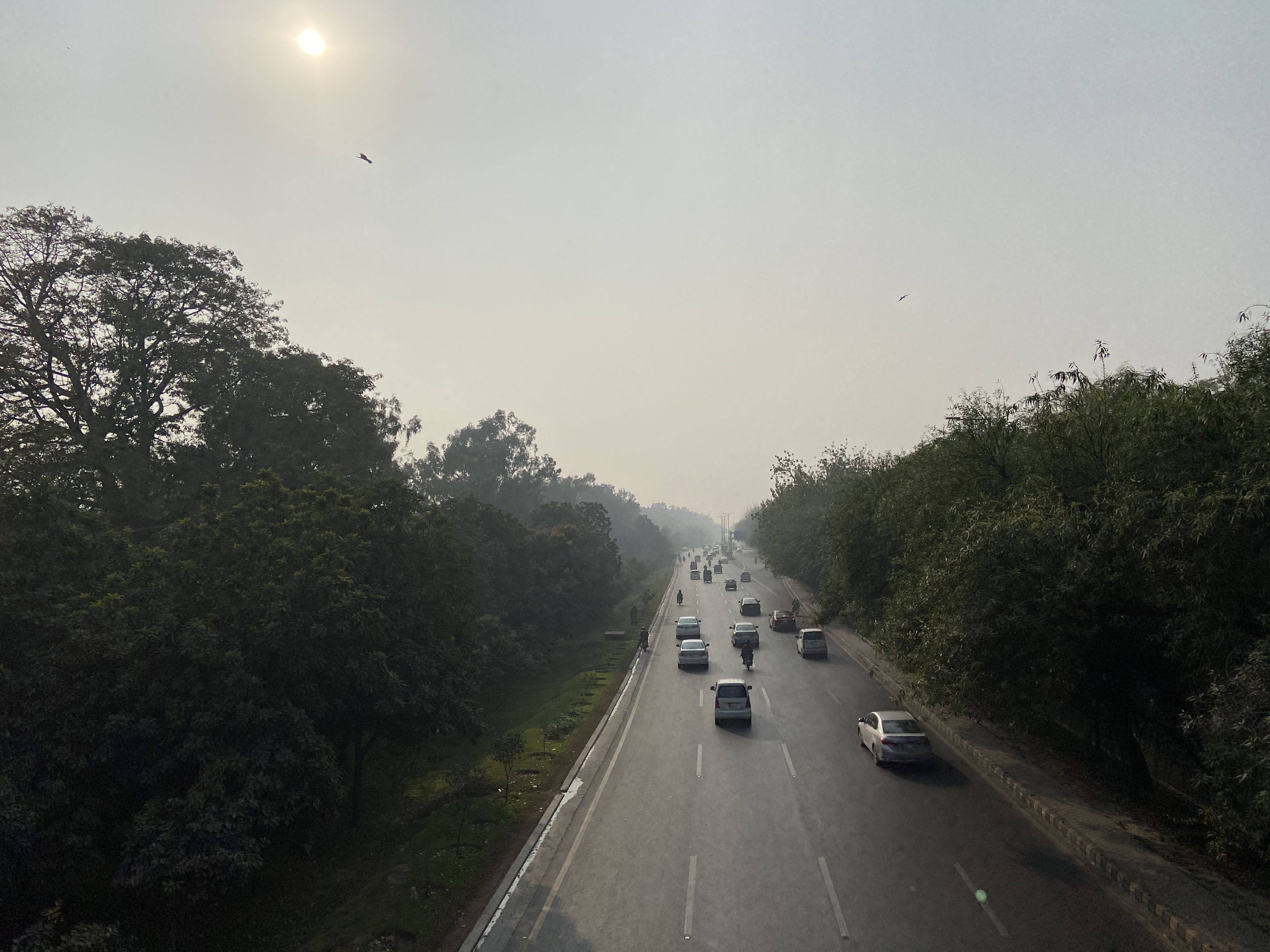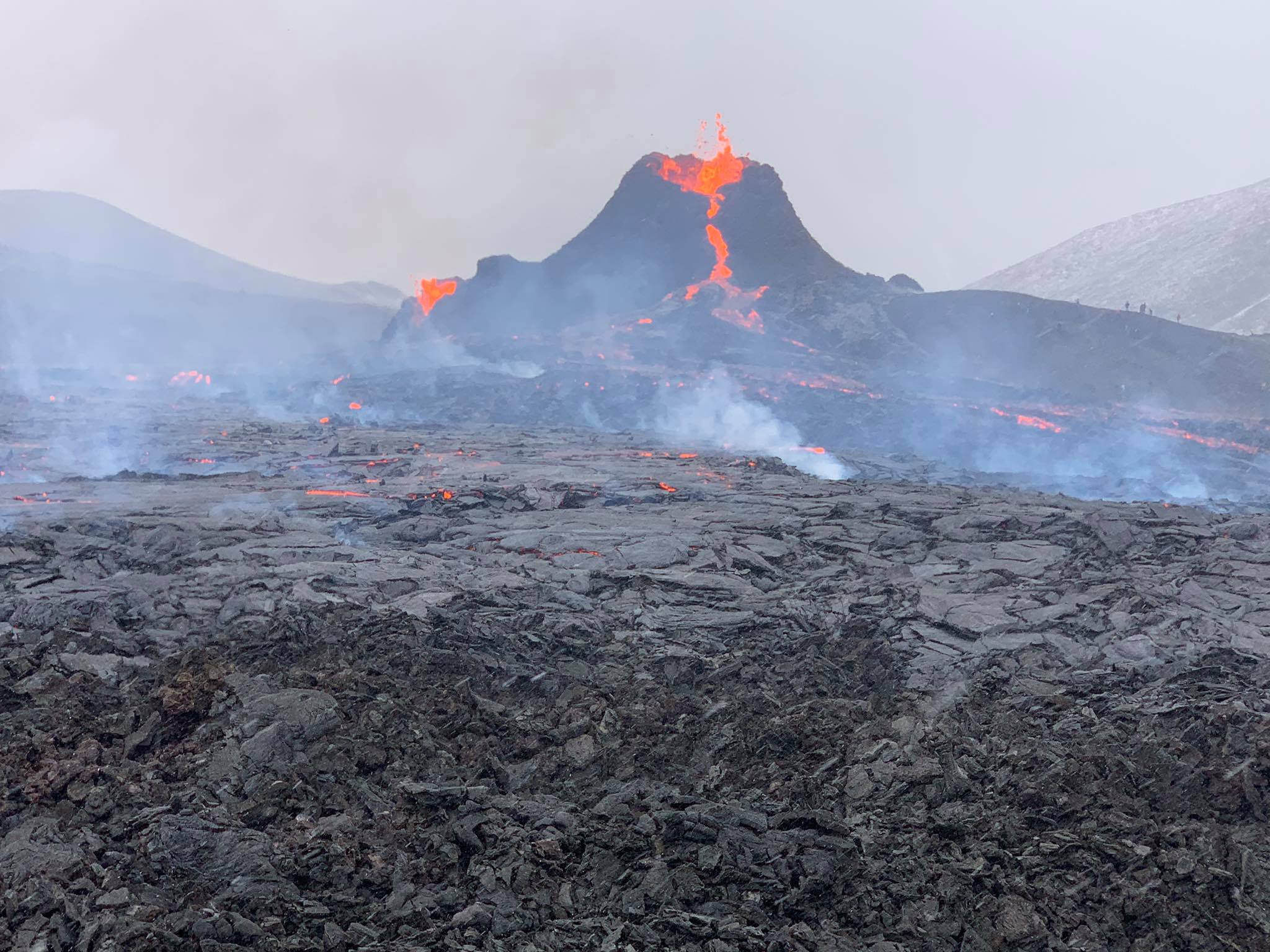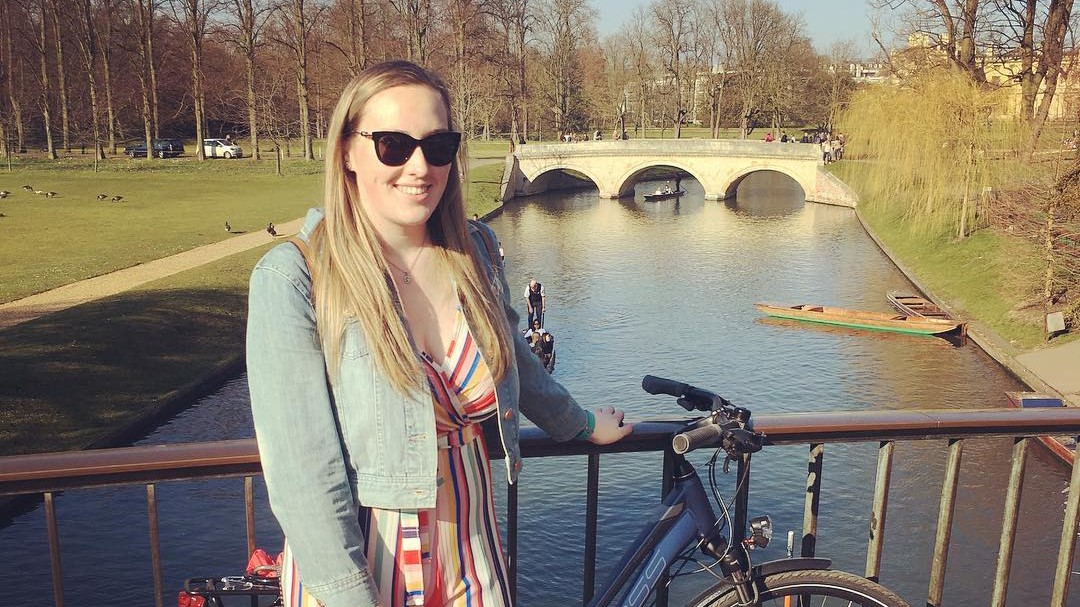To mark International Women’s Day (8 March), we reflect on and celebrate the role of women within our organization.
International Women’s Day is a time to reflect on achievements and progress made, recognize challenges and focus greater attention on women’s rights and achieving equal opportunity status in all walks of life.
We look back over a year of research news and blog posts from women in our Department; from graduate students to lecturers and staff at the Sedgwick Museum. Through their stories, and in their own words, we hope to reveal the breadth of research and educational activities that women undertake across our organization.
Continue reading “Celebrating International Women’s Day 2022”